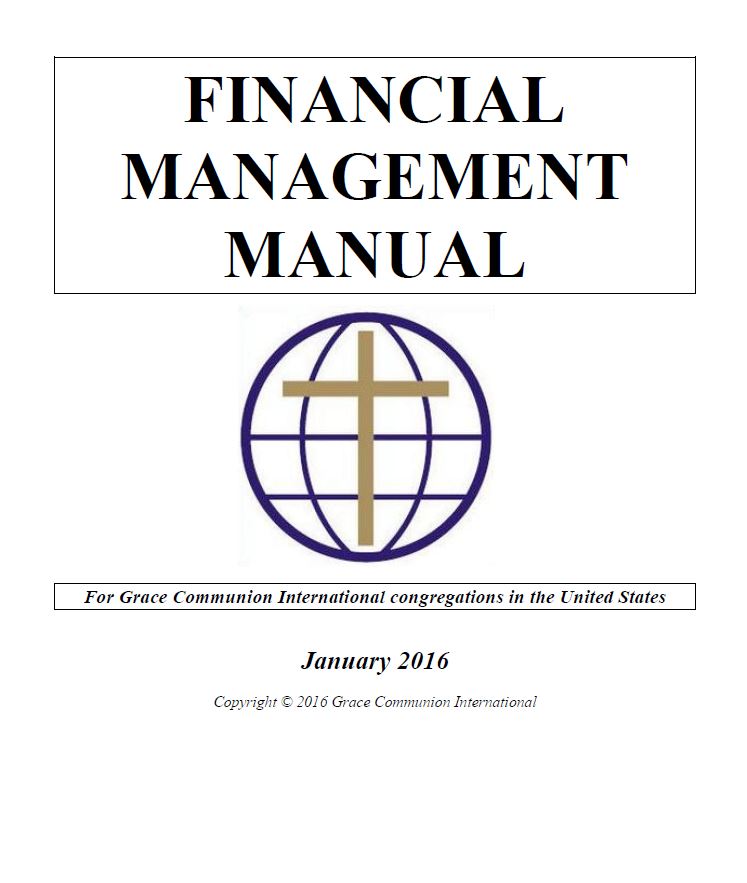This announcement for GCI churches in the US is from GCI legal counsel Bernie Schnippert. It sets forth rules related to financial assistance to members and others.
From time to time, congregations are approached by individuals seeking financial assistance. Perhaps they have experienced a calamity (like a house fire, which affects the one family, not the entire neighborhood) and need assistance. Or perhaps the members, seeing a person in need, (like the fire victim) want to send money to the congregation, which they hope will be receipted as tax deductible, then forwarded to the person in need. Situations like these present an important question: Under what circumstances may tax exempt, receipted, donation money be given to a needy person?
The answer pertains to situations when single persons or families in need seek church assistance. IRS rules are different when there is a group need and a group calamity, such as when storm Sandy hit.
A couple of rules come into play in answering the question posed above. It may surprise you that IRS rules forbid the church from simply helping the fire victim with money that was receipted with tax deductible receipts. The reason is that it is NOT permissible to help such persons unless there is a program in the local church, which identifies a “charitable class.” It is not enough that the person needs help. Giving such help must be pursuant to a program and plan to help a whole class of individuals. This rule is somewhat counter-intuitive because people believe that churches should be quick to help disaster victims and should not get caught up in bureaucracy. However, IRS rules are clear on this matter (see IRS publication 3833)—a member is NOT allowed to earmark their donation for the use of a specific person.
It is vital to plan ahead in order to both give help and comply with IRS rules. Begin by establishing a policy (with a related program), which sets out criteria concerning who can and who cannot be helped by the church. Such criteria might include the nature of the person’s need, the church’s ability to meet those needs financially, whether or not the person helped need be a member or relative of a member, etc. (these are example criteria). In this way, the policy would define a “charitable group”–when someone asks for assistance, you will already have established that you will help people who are part of this group under certain specific situations. Then your “approving committee” (or whatever you call the group that makes such decisions in your church), can hold a meeting to decide if the needy person in question meets the predetermined group criteria.
Caution: In giving financial assistance, you are NOT allowed to favor a person or persons who are in management control of the church (such as pastors, ministry leaders, etc.). It may be okay to help such people, but ONLY if they otherwise meet the criteria, if their conflict is disclosed (the fact that they are church leaders) and if the approving committee approves the need based upon the established criteria.
Note also that donors must be told that they may state a preference as to who might be helped with their tax deductible donations, however they are NOT permitted to force the church to aid their person of choice. So, perhaps in the receipt or accompanying paperwork, you should say that any preference of the donor will be considered but that the final decision is that of the approving committee and that the donation is not revocable, even if their stated choice is not honored.
These rules for helping needy people can be complied with rather easily: Start a program for helping people who you define as a particular “charitable class.” Advertise the program’s existence, so that when a needy person who fits the criteria comes along, the program and its criteria are not considered a contrivance. Such criteria can be simple, but should be written down with notes kept of approval committee meetings. Then tell people that they can donate to the church but that the church cannot be bound to their choice of who should receive the assistance money. Of course, these steps presume that the donor wants a tax deductible receipt. When a donation goes directly to the recipient and is thus not tax deductible, these rules do not apply. Also, if the congregation wishes, it could collect checks from numerous donors and forward them, either unreceipted in a bundle, or receipted but clearly NOT with tax deductible receipts, to the needy person. In the second case, having a statement on the receipt that it is not tax deductible is a good move.
By following these rules you will meet your goal to help needy people while complying with IRS rules. Questions about this policy may be directed to the GCI Treasurer’s office and also be sure to note related policies in the GCI Financial Management Manual.



 1. Church Administration Manual
1. Church Administration Manual 2. Financial Management Manual
2. Financial Management Manual

